This year, the Science Film Festival in Vietnam has selected from 85 films and will screen 20 films from 9 countries (Germany, UK, France, Italy, Chile, Colombia, Qatar, Thailand, Philippines) across the country.
Films at the 2024 Science Film Festival are selected with the aim of targeting young children (6 to 14 years old), so they are often short in length and have an easy-to-understand, friendly approach.
 |
| The opening event of the Film Festival took place at the Experimental Primary, Secondary and High School on the morning of October 17. (Source: Goethe Institute Hanoi ) |
The theme of the festival is "Net zero and the circular economy ", emphasizing the urgent need to take actions alongside efforts to reduce greenhouse gas emissions to effectively address climate protection.
To achieve the goals of the Paris Climate Agreement, rapidly achieving net zero emissions is imperative.
At the United Nations Climate Change Conference (COP26) taking place in Glasgow in 2021, Vietnam pledged to bring net emissions to “zero” by 2050.
Therefore, it is necessary to strongly promote the reuse and recycling of products, giving priority to sharing and repairing existing materials and products.
A circular economy can help reduce the depletion of natural resources, limit the destruction of landscapes and habitats, and support the conservation of biodiversity.
In addition to children of all ages and teenagers, the Science Festival also targets teachers currently teaching at primary, secondary and high schools across Vietnam.
After registering as a "Science Ambassador", teachers will receive a resource package including science films produced by professional filmmakers and graded by real scientists, experiential activities corresponding to the films and pre-prepared lesson plans to implement in the workplace.
In Hanoi, the opening event of the Film Festival took place at the Experimental Primary, Secondary and High School on the morning of October 17. The Film Festival will also kick off at the Ho Chi Minh City General Science Library on the morning of October 17. October 20th.
Some of the featured films introduced include: The House of the Young Scientists - Salt (Thailand), Adventures with Raffi the Dog (Chile), Nine and a Half Minutes: Hydrogen - Could it be the Green Energy of the Future? (Germany), Ananas Anam, Technology for Recycling Fashion Materials from Waste (UK), Small Dreams of Children in Disaster-stricken Areas (Philippines), "Greenwashing" Brands: The Evil Enemy of the Climate and Environment (France), All About Hydrogen Energy (Italy), Dialogue on Using Bamboo (Qatar)...
During the festival, the films will also be uploaded to an online platform for parents and students to access on demand.
The Science Film Festival is an annual program organized by the Goethe-Institut, in collaboration with partners and schools in 22 countries around the world, including 7 countries in the Southeast Asia region. Through the Film Festival, the Goethe-Institut aims to raise children and young people's scientific understanding and awareness of current issues through international films and accompanying interactive educational activities. Many scientific advances and environmental issues are presented in an attractive and accessible way to young audiences. Films shown at the festival are produced with the aim of inspiring future generations of scientists, environmentalists and engineers. Over the years, the Film Festival has grown significantly, becoming the world's largest science film event with more than half a million viewers each year. The program is international in nature with a variety of genres, including animated short films, educational series and documentaries from around the world. All films are translated into local languages in participating countries, making them accessible to all audiences and providing opportunities for discussions on pressing challenges in the fields of science and the environment. |
Source: https://baoquocte.vn/lien-hoan-phim-khoa-hoc-2024-nhan-manh-nhu-cau-cap-thiet-giam-phat-thai-khi-nha-kinh-290411.html





![[Photo] Prime Minister Pham Minh Chinh chairs a meeting of the Government Standing Committee to remove obstacles for projects.](https://vphoto.vietnam.vn/thumb/1200x675/vietnam/resource/IMAGE/2025/10/06/1759768638313_dsc-9023-jpg.webp)
![[Photo] Prime Minister Pham Minh Chinh chaired a meeting of the Steering Committee on the arrangement of public service units under ministries, branches and localities.](https://vphoto.vietnam.vn/thumb/1200x675/vietnam/resource/IMAGE/2025/10/06/1759767137532_dsc-8743-jpg.webp)

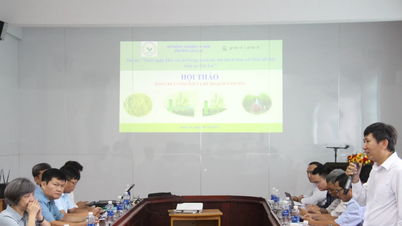











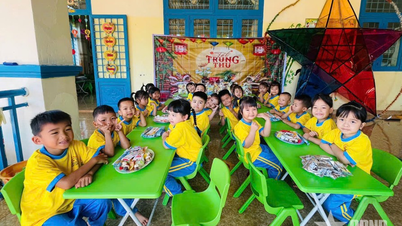











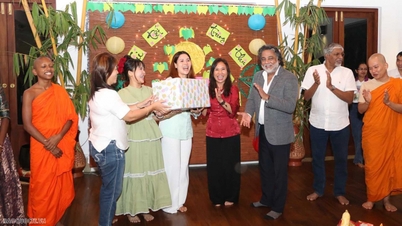
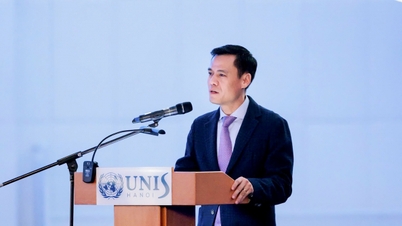
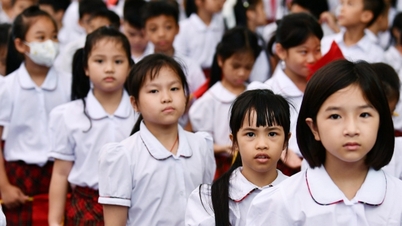
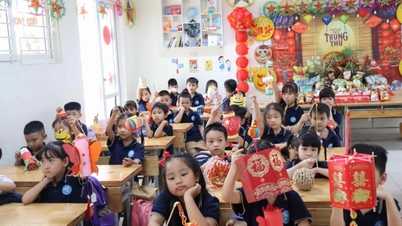
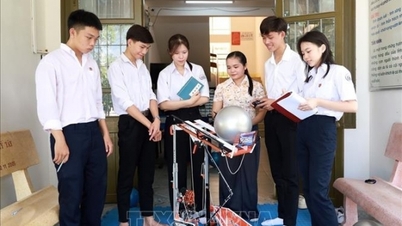
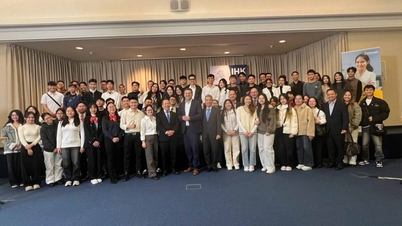





















































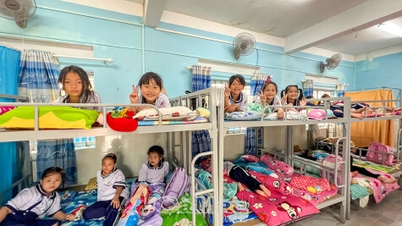

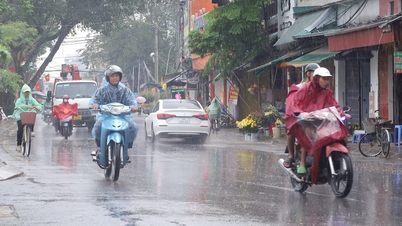











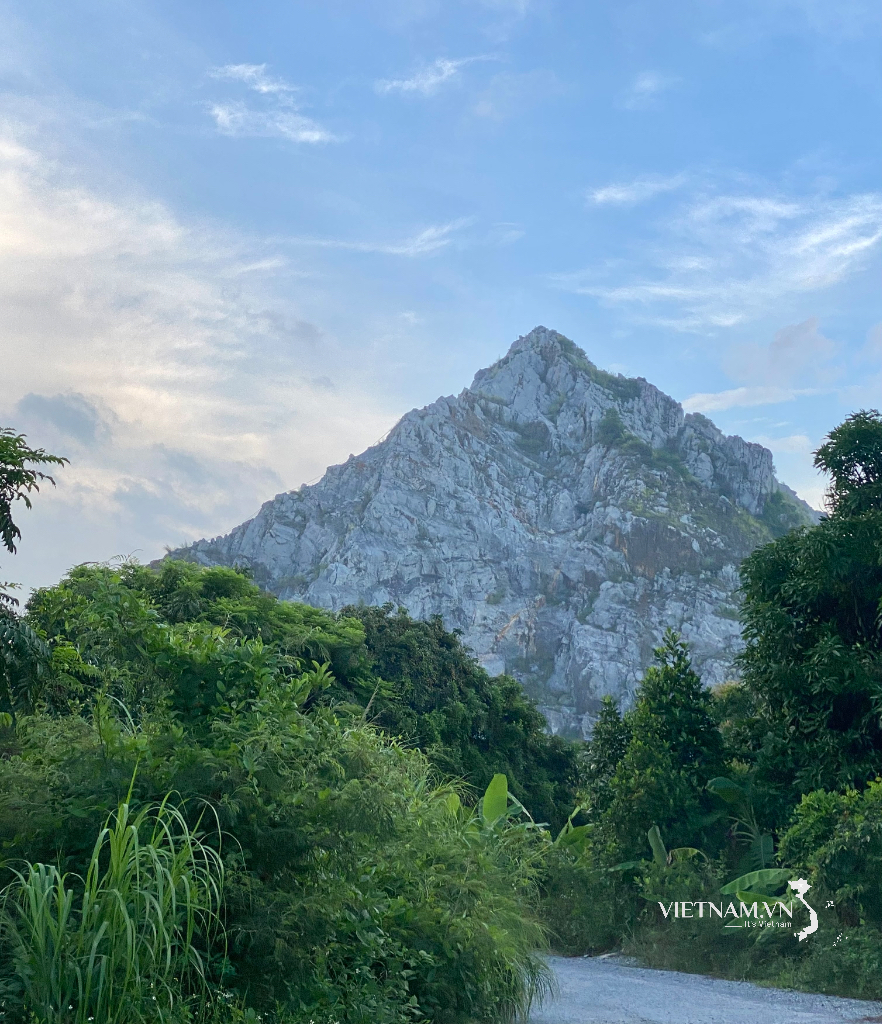

Comment (0)